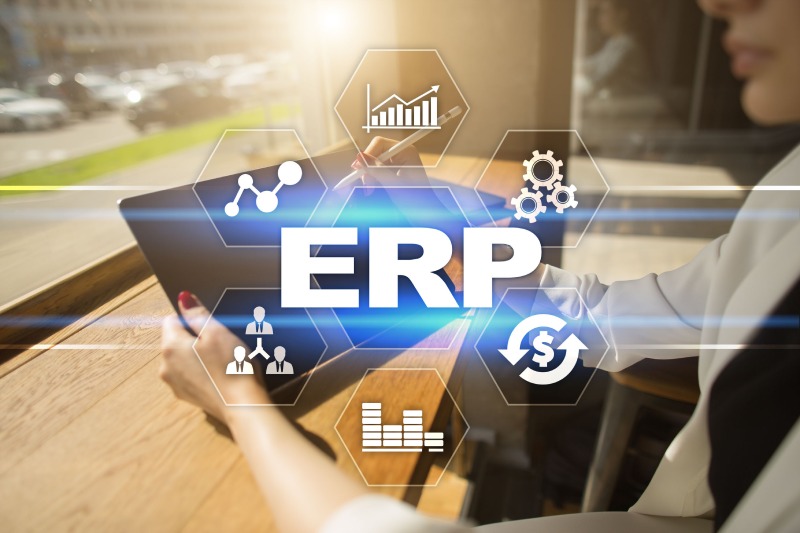
- Technology
- December 12, 2022
When it comes to implementing an ERP system, the process of integrating it with other systems is not an easy task. Businesses are not always ready to integrate their ERP systems, especially once they are being implemented.
The biggest challenge for an ERP implementation is the time that it takes. The implementation process must be planned and executed in a precise manner. Software options like GSI orchestrator services can provide organizations with the ability to manage and automate the ERP implementation process.
What Is ERP?
ERP stands for Enterprise Resource Planning and is a comprehensive software system that helps businesses to manage their processes and functions. It helps them to improve the efficiency of their operations and streamline the workflows. ERP systems come in many different types. There are ERP systems for manufacturing, construction, and many others.
What Are The Benefits Of Using ERP?
There are many benefits of using an ERP system. These benefits include:
- The following features of an ERP system:
- Improved business processes
- Improved customer service
- Enhanced data security
- Better way of managing finances
Determine the Need For Data Migration and Implementation
Before starting the integration process, you need to determine the needs for data migration and implementation. You need to figure out what type of data you want to import or export from your existing system to your new one. You are not required to import all the data from your existing system, especially if you have a small business or a single-location business. You may want to only import some of the data from your existing system. The other data may remain in your existing system for future use.
The data you want to import or export from your existing system should be related to the processes you want to improve with the help of your new ERP system.
Select a Vendor And Contractor To Do The Integration
Once you have determined what type of data you want to import or export, you need to select a vendor and contractor to do the integration process. It is important that you select a vendor and contractor who have experience with ERP integration projects. It is also important that you choose a vendor and contractor who can provide the services you need at a reasonable cost.
You should also make sure that they can provide the services you need within the time frame you have set for your project. You may have other tasks that you need to complete before the integration process can begin, so it is important that you choose a vendor and contractor who can complete these tasks on time.
Establish a Clear Project Plan
You should establish a clear project plan before beginning the integration process. You should outline the steps you need to take to implement your new ERP system in a precise manner. You should also outline the steps you will take to migrate your existing data from your existing system to your new one. You should also outline the steps and milestones you will take to complete the integration process within your defined time frame. You should also outline how you will monitor and assess the performance of the project progress and assess any additional concerns that may arise during the implementation process.
Start Implementing The Projects
You should implement only those projects that are going to be implemented during this integration project. If you need to implement other projects, you should take them up as separate projects and implement them during another integration project. You should not implement any projects until the integration project has been completed successfully. For example, if you need to implement an improved inventory management system, you should implement only that project during this integration project. If you need to implement an improved purchasing system, you should take it up as a separate project and implement it during another integration project. If you are planning on implementing an improved accounting system, you may want to take it up as a separate project and implement it during another integration project.
Monitor The Performance of The Project Progress And Assess Any Additional Concerns
You need to monitor the performance of the project progress and assess any additional concerns that may arise during the implementation process. You may discover that there are some additional needs for services or resources that were not included in your original project plan. You may also discover that your original project plan was not accurate or complete enough, or that some of the milestones in your original plan were not achieved on time due to unforeseen circumstances. You should address these issues as they arise during your implementation project, so they do not become obstacles in completing your project successfully. If these issues arise during your integration project, they may result in delays in completing your project successfully or cause more harm than good in completing your project successfully. You should address these issues as soon as possible so they do not become obstacles in completing your project successfully.
Choosing the right vendor and contractor for your ERP system integration project is important. You need to make sure that they can provide the services you need within the time frame you have set for your project. You should also make sure that they can provide the services you need within the budget you have set for your project.